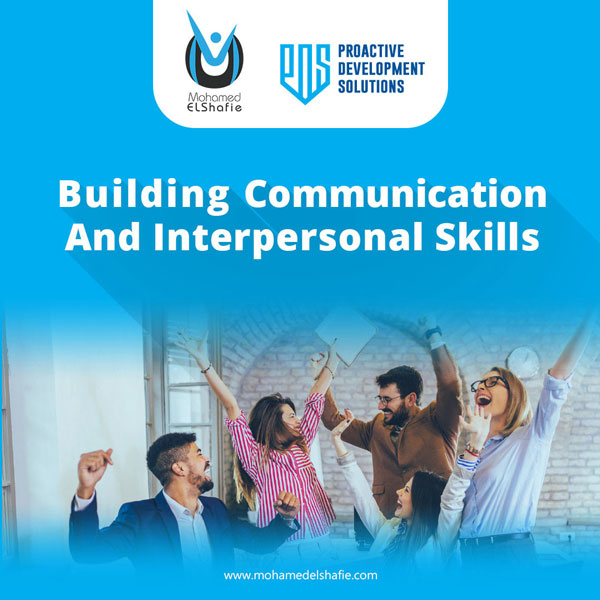Program Overview
In institutional work environments—whether in the public or private sector—building effective professional relationships and enhancing communication channels between teams and departments is a core element to ensure performance efficiency and achieve strategic goals. The success of operations and decision-making largely depends on the clarity of communication and the accuracy of information exchange.
From this standpoint, our training program has been specifically developed to meet the needs of organizations aiming to boost team efficiency by enabling employees to develop effective communication skills and enhance collaboration among individuals. The result is a more positive work environment and improved overall performance.
General Objective of the Program
To provide participants with theoretical knowledge and practical skills in the field of effective communication, and to equip them with interpersonal skills by explaining key concepts related to dealing with others, aiming to improve their efficiency and effectiveness in communication and interaction.
Program Objectives
By the end of this program, participants will be able to:
-
Understand the importance of effective communication as a key driver of performance and collaboration
-
Identify common communication barriers and develop actionable strategies to overcome them
-
Master verbal and non-verbal communication techniques to enhance team understanding and connection
-
Choose appropriate communication methods based on context and message goals
-
Develop active listening and constructive interaction for deeper and clearer information exchange
-
Apply effective communication strategies during meetings and high-stakes interactions
-
Navigate difficult conversations and problem-solving scenarios with professionalism and confidence
Training Program Modules
Module 1: Fundamentals of Effective Communication
-
Introduction to Effective Communication
-
The Role of Communication in Professional Settings
-
Barriers to Communication and How to Overcome Them
Module 2: Types of Communication
-
Verbal and Non-verbal Communication Skills
-
Techniques for Active and Impactful Listening
-
The Role of Body Language in Workplace Interaction
Module 3: Advanced Communication Skills
-
Communicating Effectively in Meetings
-
Reframing Negative Mental Perceptions
-
Handling Difficult Conversations Professionally
Module 4: Improvement Strategies
-
Simulation Exercises for Difficult Conversation Scenarios
-
Providing and Receiving Constructive Feedback
-
Developing Action Plans to Apply Communication Skills at Work
Training Methodology
The program is delivered through a dynamic and interactive methodology, combining:
-
Practical exercises and role-play simulations
-
Case studies from real organizational settings
-
Group workshops and peer discussions
-
Feedback sessions and guided reflections
This hands-on approach ensures that participants are not only learning theory but are applying skills in real-time. Through this training, participants will be empowered with essential tools to communicate more clearly, collaborate more effectively, and contribute to a healthier and more productive work culture.
